MARISOL NICHOLS and her role of life. Undercover activities in the fight against modern slavery

It’s been 27 years since her debut in Vegas Vacation (1997) – where she played Audrey Griswold, Chevy Chase’s daughter. During this time, she has not created too many creations that would be strongly remembered and unequivocally confirm her acting talent. Her most famous incarnation is the character of Hermione Lodge in the Riverdale (2017-2023), but for me the actress will remain in heart thanks to her role as CTU agent Nadia Yassir in the sixth season of 24 (2007). Her finest performance, however, will not be found on either the small or big screen. Since 2012, Marisol Nichols has been contributing to the fight against modern slavery, using her acting skills to go undercover.
According to the Global Slavery Index 2023 report, 50 million people have already been victims of modern slavery – 10 million more than five years earlier. Although system of human enslavement has been formally outlawed by law, the practice still holds great sway. Forced labor, sexual exploitation, contract slavery, organ trafficking and child pornography are problems that do not only affect Third World countries, but also our cultural areas. It is significant that the United States creates the greatest demand – it is the largest producer and consumer of child pornography. The problem was highlighted by Barack Obama in his proclamation, and his administration has taken significant steps to combat this type of crime. One life saved and one criminal unmasked is already a big step forward against the alarming statistics – so it’s important that civilians also join in this action. And one such civilian is Marisol Nichols.
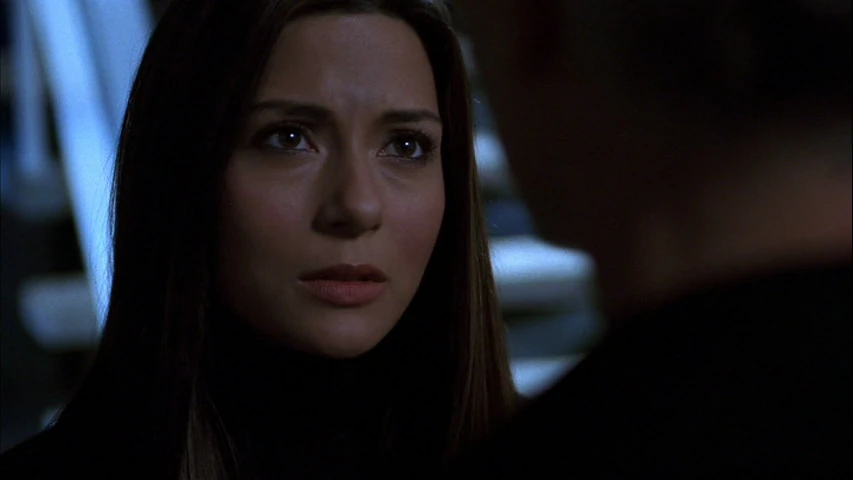
Modern abolitionism
Two films provide a good introduction to the topic at hand. The first is the documentary Operation Toussaint… (2018). The second is the fact-based, but fictionalized, movie Sound of Freedom (2023). In both, the main character is Timothy Ballard, founder of a non-profit organization called Operation Underground Railroad dedicated to combating human trafficking. He quickly rose to the forefront of the movement fighting sexual predators, but fell off his pedestal after being accused of harassment by a number of employees. What’s more – it turned out that Ballard, presenting himself as a former CIA agent, was not an officer of that agency, but only an unpaid intern who was fired after he failed a polygraph test.
The aforementioned documentary tells the story of the Haiti operation, whose historical patron was Toussaint-Louverture, one of the leaders of the liberation movement in Haiti. The spark that led to this operation was the abduction of three-year-old Gardy, the pastor’s son, from a Haitian church. The boy was born in Utah and was a U.S. citizen, but the kidnapping took place on the territory of another country, so government agencies could not do much about it. As a result, Ballard quit his job at the Department of Homeland Security and organized an operation to find the kid, and in the process, the other victims. The ending of the story offers some hope, albeit not 100 percent satisfactory. 28 children were successfully rescued, but Gardy was not among them. The child’s father said to Ballard at the time: “If I have to sacrifice my son so that these 28 kids can be rescued, that’s a sacrifice I’m willing to make”.
The second picture that brings the context of the problem discussed here is the feature film Sound of Freedom (2023), in which Jim Caviezel played the character of Tim Ballard. The plot refers to an action on the Colombian Island of Baru , where a party at which the main course was child prostitution was broken up. 12 people arrested, including Kelly Johana Suárez, once a contestant in the Miss Cartagena pageant, who reportedly recruited young girls for modeling school by luring them with false promises and then selling them to traffickers. She spent 18 months in jail awaiting trial, but was not convicted. The case soon went slightly quiet, but returned with redoubled force when the film, which proved to be a box office hit, was released. Meanwhile, Kelly Suárez graduated from law school and sued the filmmakers for defamation and emotional distress. Tim Ballard was described in the lawsuit as a man who, despite claiming to save children from cages, is capable of destroying the reputations of innocent people for personal gain and fame.
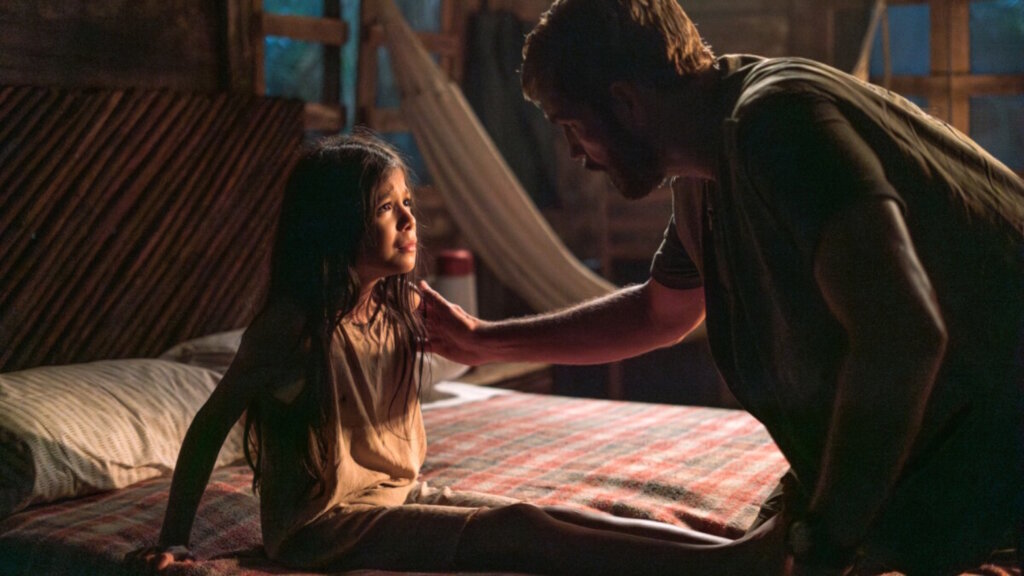
The pattern of operations overseen by Ballard reveals a number of mistakes due to a lack of professionalism and moral compass. After raising funds, the team flies to the chosen country and makes contact with the local police there. They organize a provocative action, drop the bait and wait for those who swallow the hook. They then arrest the delinquents and hand the victims over to the care of social workers. The action is filmed so that the sponsors know what they are spending their money on. The basic question is: If the criminals are so easily exposed then why don’t the local police arrest them? The only reasonable explanation is that officers profit from human trafficking, and cooperation with the American organization is just a cover – thanks to it they control the situation, keeping modern abolitionists at bay, exposing only pawns: touts, pedophiles, low-level pimps. If at least one victim returned to his family, one can, of course, speak of success, but it is naive to think that after the Americans left, the guilty received their deserved punishment, and local officials took care of the problem.
It is also significant that Ballard’s team is only going to countries where the legal and judicial system is flawed, such as Mexico, Colombia, Haiti and the Dominican Republic. This is because they do not have the legal capacity to operate in countries with a much more effective security system, such as Denmark, Germany, Canada, or even the United States, which, as already mentioned, is the largest producer and consumer of child pornography. Filming the action and making the footage available to private investors is also a violation of ethics, as it takes away the victims’ right to privacy. The documentary film discussed above, Operation Toussaint, is also questionable, because it contains more exaggeration and stardom than the honest work of a documentary filmmaker. Sound of Freedom, on the other hand, is a production that can be forgiven more because, first, it tells a fictionalized story based on facts, and second, it keeps the viewer in suspense and is effective in its emotional impact.
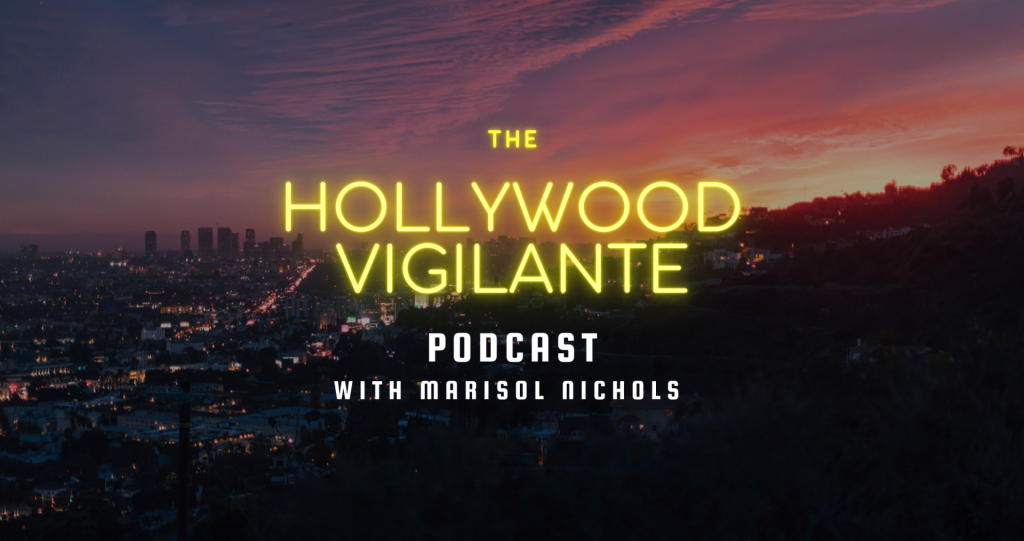
Hollywood Vigilante
Beginning in 2012, Marisol Nichols, already a mother of a several-year-old daughter, began to take an increasing interest in what might endanger her child. And she began to actively support movements against modern slavery, including Tim Ballard. As a result, she found herself in Haiti during OperationToussaint, where she learned the ins and outs of vigilantism as an observer. It’s not a 100 percent accurate phrase, since we’re talking about actions overtly supported by law enforcement, but for an article in Marie Claire magazine, the term “Hollywood Vigilante” was coined for Marisol, which caught on and was used by the actress on her podcast. In the documentary Operation Toussaint, Marisol was portrayed as an ambassador for Ballard’s organization. On her way back from Haiti, the leader suggested she go undercover so she could use her acting skills to expose pedophiles. She faced a serious challenge for which she would not be paid. What’s more, she was expected to sign a statement that she would not file a lawsuit against the police in case she was injured.
Growing up in the Chicago suburbs, Marisol Nichols was a victim of rape when she was 11, then became addicted to drugs and, she says, came out on top through the Church of Scientology. That’s why she is its advocate despite the controversy that surrounds it including accusations of … human trafficking and forced labor. There have been no court verdicts due to the lack of conclusive evidence, but for self-appointed guardians of morality, mere suspicions are enough to criticize the actress for hypocrisy. The Riverdale star has established her own Foundation for a Slavery Free World. The foundation’s website states that it is “a non-profit organization dedicated to combatting human trafficking through media awareness campaigns, education, and the creation of technology tools to assist in the fight”. Marisol also host a video podcast, where she talks to people who have faced the problem, such as Sheriff Christopher Swanson, Laila Mickelwait who campaigns against Pornhub, documentary filmmaker Sadhvi Siddhali Shree and child trafficking victim Oree Freeman.
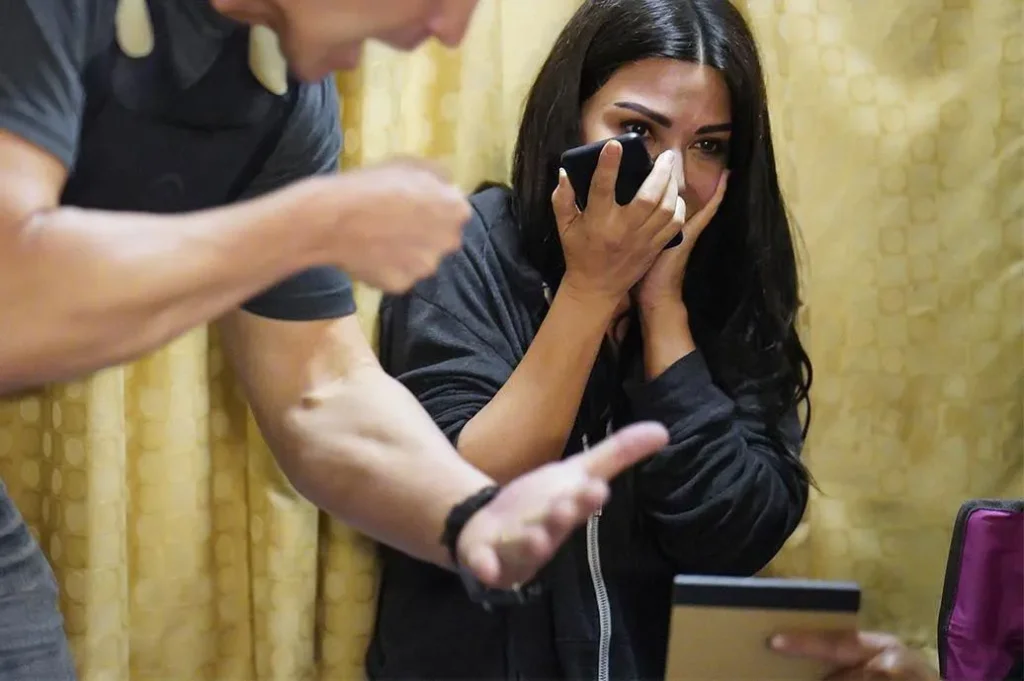
The Stings
Thanks to the Oscar-winning film The Sting (1973), directed by George Roy Hill, everyone probably already knows that carefully planned ambushes of a delinquent are referred to as stings. Marisol Nichols took part in such operations with the support of government officials, as well as former officers and civilian volunteers like her. Her activities came to light in 2020, when she gave an interview to Marie Claire magazine. To journalist Erika Hayasaki, the actress revealed that over the past five years – between 2014 and 2019 – she had participated in six stings contributing to the arrest of many predators involved in child trafficking. Earlier, she spoke about her “clandestine” activities at the 14th International Human Rights Summit (2017) at UN headquarters in New York.
Typically, the operation’s plan began with a fake ad on an online service, the most common being craigslist and backpage. Secret informants drop the word “education” as code for sex, so in order for the ad to reach the right addressee its content read more or less like this: “Seeking person to educate girls aged 9 and 12”. A photo was added to the anouncement, but in order not to share the children’s image a photo application was used to rejuvenate adults. If a delinquent came forward then before arranging a meeting he needed “proof of life”, that is, to make sure there was really a child on the other side. And this is where acting skills came in handy – Marisol would impersonate a minor and engage in a phone conversation with a potential pedophile. But her participation didn’t end there, as she went into the field with the team after a previous visit to a makeup artist. Under an altered appearance, she played, for example, the character of a drug-addled mother selling her children or a woman holding sex parties in the Dominican Republic.

Due to the controversy surrounding the Tim Ballard character and his actions in dysfunctional countries, Marisol’s activities in the US – in California and Michigan – seem much more valuable. An important chapter is especially the cooperation with Christopher Swanson, sheriff of Genesee County, Michigan, and founder of the G.H.O.S.T. (Genesee Human Oppression Strike Team) special unit. Participating in operations together, they learned that this disgusting anti-human activity was not at all carried out by people who looked like hoods in the movies. These were usually neat, confidence-inspiring men, in their daily roles as husbands, fathers and pillars of the community making large donations to the church.
Chris Swanson boasts a 100 percent conviction rate, and he achieved this by giving his take to the prosecution without any understatement, after taking into account all the variables. Marisol Nichols worked with him and his specialized team during, among other things, a two-day operation at a motel in Genesee County, where they worked out next child predators. Later, something unexpected happened. Just as they were packing up after their mission was over, the sheriff heard over the radio about a shooting at a school 18 miles away from where they were. So the whole team rushed to the next action, and Marisol ran around with a camera to record the incident for her videocast. She recalls it with great excitement and a smile, from where it can be inferred that there were no casualties.
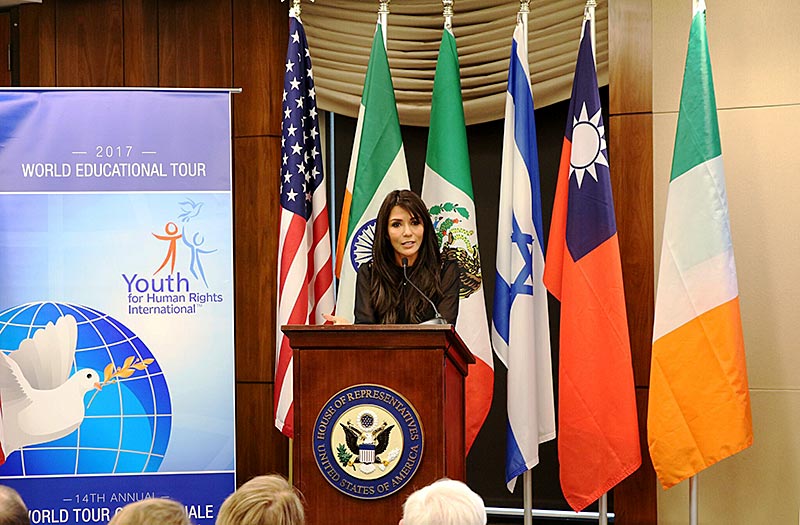
Role of life
“I’d like to have one of those epic roles that you can sink your teeth into and effect a global population in a positive way” are the words of the heroine of this text. For now, the role of her life is the one in the non-fiction series about entering the belly of the beast to curb the shameful practice of supporting slavery, sex crimes, and violence against children. It’s also the story of a metamorphosis like a movie – of crossing a thin blue line. By Marisol’s own admission – she used to be on the wrong side, taking drugs, hiding from the police, staying away from law-abiding citizens, but over time, with the maturity gained after having a child, she not only crossed over to the other side, but also cooperated with government officials to make the world a better place. She became not only a keyboard warrior like many in the era of Twitter and Instagram, but also a woman of action worthy of emulation.
At the end of an article addressing important social issues, it is still worth warning that it is not only people who are a threat, but also the Internet, because it does not distinguish between good and evil. In addition to human trafficking, one of the most serious threats in today’s reality is cybercrime. On the one hand, modern information technologies help in the fight against pedophilia, for example, with programs for data analysis and identification of illegal content, biometric technologies, as well as increasingly simple and widespread video calls, which have the advantage over text messages that they reveal the age of the caller. Unfortunately, however, there is also the other, darker side of the Web – malware used to steal data, deepfake technology used for blackmail or the notorious darknet being a haven for criminals of all kinds.

